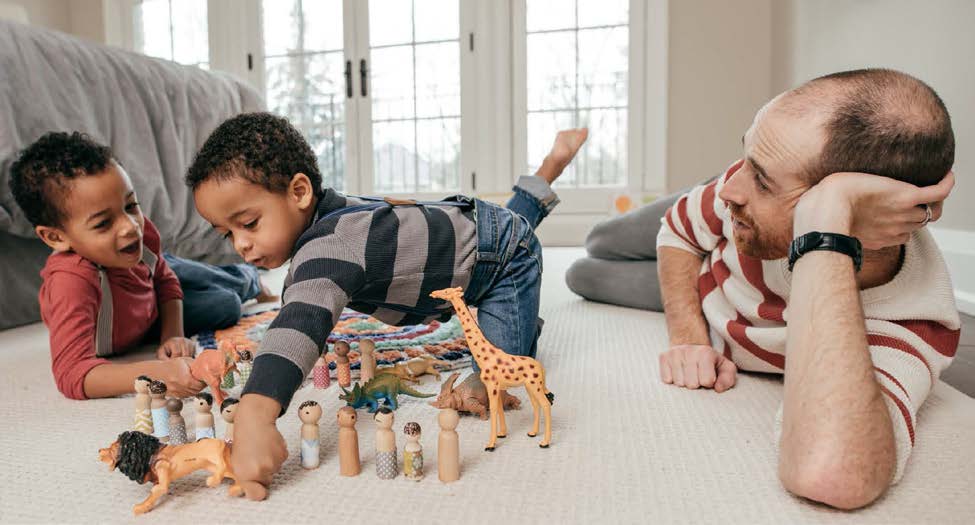Positive Relationships in Response to Stress Help to Promote Healthy Development

Posted in Development and Learning Early Childhood | Tagged Brain Science, Stress and Trauma
by Alexis Montgomery (GU Certificate in Early Intervention ’20), February 01, 2021
Toxic stress situations affect negatively healthy development because the lack of positive relationships. Adverse Childhood Experiences (ACEs) can contribute to a host of negative outcomes including developmental delays and school failure. Examples of ACEs include neglect, abuse, parents with mental illness, poverty, racism, oppression, homelessness, separation from parents, and punitive discipline. Studies have shown that children who experienced 4 or more of these ACEs are 32 times more likely for developing learning or behavior problems.
Many children who are identified in early care and education situations as displaying challenging behaviors or decreased attention have often experienced 4 or more ACEs. The behavior may be the outward manifestation of a host of challenges a young child experiences on a regular basis. Specific ACEs are linked to an increased risk for developmental delay or disability. These include physical abuse, emotional abuse, neglect, restraint and seclusion, sexual abuse, invasive medical procedures, and social rejections.
Children with disabilities who attend a childcare program can’t leave their ACEs at the door, therefore, to help promote learning and development we must help children learn to respond to stress or trauma in healthy, positive ways. Key to promoting positive behaviors in response to stress, childcare professionals should provide a positive, healthy, trusting relationship. A safe, calm, and predictable environment can also help with development by balancing dysregulating environments with coregulating environments, such as in a child care setting. Creating a healthy context for learning helps promote learning in children. In children with disabilities who have also experienced ACEs early intervention providers may also need to explicitly promote the building blocks of learning such as self-regulation, self-management, and attachment. Providing children with disabilities in a childcare setting with the resources that they need based on their developmental level and providing necessary support will foster learning and growth along with their peers.
